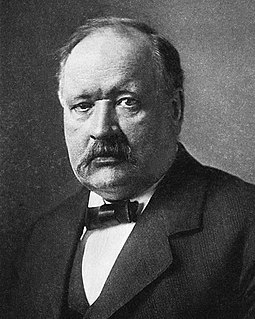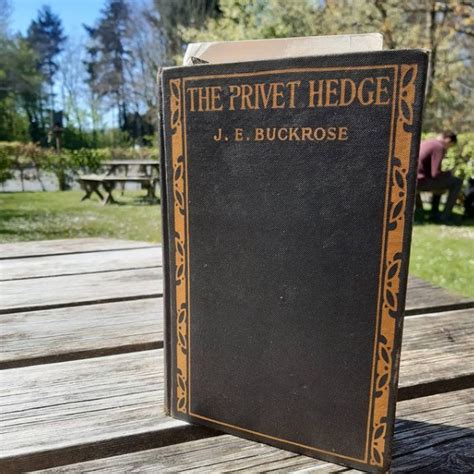A Quote by Ralph Waldo Emerson
Everything that is popular, it has been said, deserves the attention of philosophers: and this is for the obvious reason, that although it may not be of any worth in itself, yet it characterizes the people.
Related Quotes
I think one reason is that philosophers are more insecure to speak accessibly because non-philosophers are skeptical that philosophers have any special expertise. After all, all people - not just philosophers - have attitudes and points of view on various philosophical questions, and they rather resent being told that there are professionals who can think about these things better.
If an artwork never gets any attention from anybody, then obviously it's got problems. If it gains attention from a very small elite, then it's presumably doing something. Finnegans Wake gets a lot of attention from certain people who become passionate about it, who are usually very good readers in general. Although - I often talk about costs and benefits - it seems to me the costs of reading Finnegans Wake are not worth the benefits, however many there may be. And it's the same with the more arcane among poets, Zukofsky and so on.
When artists and philosophers talk only amongst themselves, they ignore the potential of popular culture to become a variety of dialogues with and between everyday people. Its discourse may be productive of desire and pleasure, but popular culture is also a language in which people discuss politics, religion, ethics, and action.
At first sight nothing seems more obvious than that everything has a beginning and an end, and that everything can be subdivided into smaller parts. Nevertheless, for entirely speculative reasons the philosophers of Antiquity, especially the Stoics, concluded this concept to be quite unnecessary. The prodigious development of physics has now reached the same conclusion as those philosophers, Empedocles and Democritus in particular, who lived around 500 B.C.E. and for whom even ancient man had a lively admiration.
We must have a new mythology, but it must place itself at the service of ideas, it must become a mythology of reason. Mythology must become philosophical, so that the people may become rational, and philosophy must become mythological, so that philosophers may become sensible. If we do not give ideas a form that is aesthetic, i.e., mythological, they will hold no interest for people.
The selection of a subject is to the author what choice of position is to the general,--once skilfully determined, the battle is already half won. Of a few writers it may be said that they are popular in despite of their subjects--but of a great many more it may be observed that they are popular because of them.
True depression is a terribly real thing. Some of the noblest men and women in the world have been prone to it ... They may have no reason for feeling more unhappy at that particular period than at any other. Their worldly circumstances may be just what they have been for a long time past, and perfectly satisfactory. But there suddenly closes down on them a fog of the mind which exaggerates and distorts everything.









































